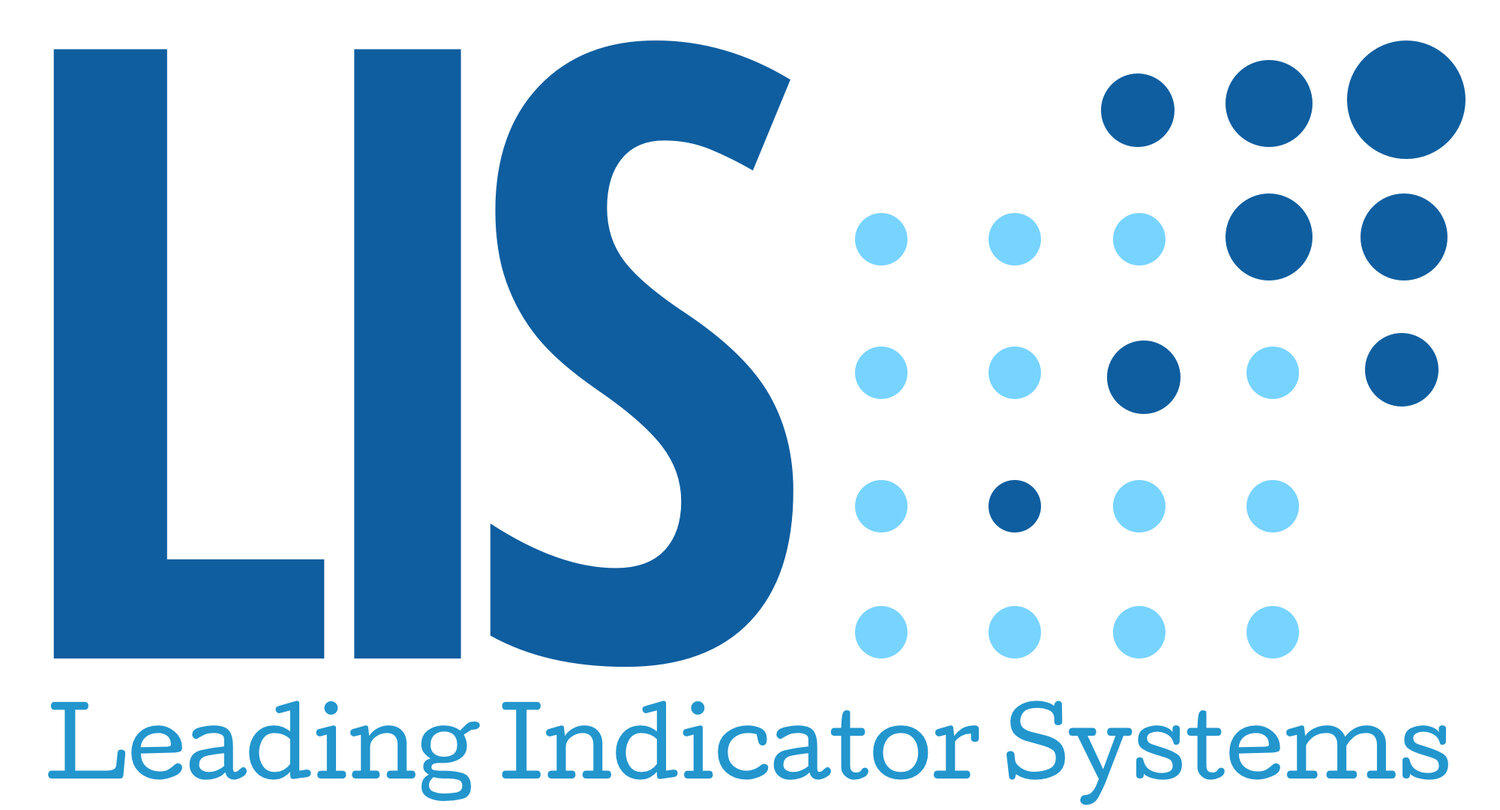Press Release
Leading Indicator Releases Survey Results: The Emotional Toll of COVID-19
BOSTON, Mass., May 20, 2020
In conjunction with May’s designation as Mental Health Awareness Month, Leading Indicator announced today the release of its Workforce Listening survey focused on the mental health challenges faced by those currently working from home during the COVID-19 pandemic (https://leadingindicator.com/covid19-study).
Conducted during the week of April 27th, 2020, the survey focused on cognitive and emotional predictors of employee well-being, and how specific employer responses have supported, or failed to support, these workers. Findings suggest that employers differ markedly in terms of their degree of perceived caring, and that employee needs have fundamentally changed, necessitating a reconsideration of the role of employers. All respondents are full time employees of mid-to-large companies previously working in offices and now working from home. The national survey of 425 employees has a statistical confidence level of 95 percent with a margin of error of 4.8 percent.
It may not come as a surprise to learn that the majority of the respondents are struggling. Despite 77% saying they have access to the tools and resources they need to do their jobs, as many as 67% find working from home substantially challenging, suggesting that deeper issues are at play.
Findings point to significant emotional factors underlying employee struggles:
Consistent with stay-at-home orders, the dominant negative emotion is feeling trapped.
A large minority, 40%, fears a complete breakdown of society and worries about their own mental health.
A smaller segment is at very high risk for mental health issues: 1 in 6 admits to being vulnerable to an addiction to cope with current stressors; 1 in 8 live in an emotionally unsupportive home; 1 in 10 has no support network whatsoever to turn to.
The pandemic has forced workers to ask themselves fundamental questions about the direction of their lives and to reassess what matters most. The pre-pandemic profile of employee strivings, which focused on work-related motivations for autonomy, immersion, achievement, and recognition has been completely inverted. It has been replaced by a current profile of employee needs dominated by strivings to fulfill one’s personal potential, as well as the search for higher purpose and meaning, along with increased needs for security, love, and interpersonal connection.
Employers may reasonably ask how best to craft a return to office approach that addresses employee needs for feeling safe and secure while offering a greater sense of purpose and fulfillment.
Results show that the strongest predictors of successful return to work are also highly emotional. Specifically, the top predictors of a strengthened employee-employer bond were the degree to which employer response to COVID-19 suggested concern for employees’ well-being (associated with stronger bonds) and the extent to which employers demonstrated selfishness, immorality, or injustice (associated with weaker bonds).
Results suggest that employers will benefit from a communication strategy that emphasizes the linkage between the work and corporate missions of making the world a better place.
“These results show that despite keeping the security of their jobs, a surprising number of employees are really struggling to remain psychologically healthy during this time of national and global crisis,” said John Penrose, Leading Indicator’s chief executive officer. “By identifying the specific actions employers can take to improve their employees’ emotional well-being, we believe companies can make the best of this difficult situation.”
Survey results demonstrate that assessment of authentic emotions provide much greater predictive power than reliance on rational survey items alone, and serve as leading indicators of major employee outcomes such as engagement and retention. These employee outcomes will be critical factors in the recovery of businesses and the economy. There is a “new normal” emerging and the full implications are yet to be realized. Businesses can serve their employees and customers well through the awareness and understanding of the emotional impact of the pandemic, as well as their alignment with a greater purpose – what matters most.
Leading Indicator conducted the survey of currently working full time employees sampled in proportion to the Bureau of Labor Statistics’ distributions of the workforce for employers with at least 20 employees, resulting in a population representative sample. All respondents normally work in an office setting but are forced to work from home due to the COVID-19 pandemic. The national survey of 425 employees has a statistical confidence level of 95 percent with a margin of error of 4.8 percent.
About Leading Indicator Systems
Leading Indicator Systems, a trusted partner to human capital consultants and professionals for more than 20 years, provides a portfolio of assessment solutions designed to help move the needle on the things that matter most. Leading Indicator’s Workforce Listening Series is a source of insights on the issues that keep human capital professionals up at night. Offering comprehensive, complementary service offerings that are rigorously scientific while providing partners peace of mind. Company offerings include Talent Development, Leadership Development, Employee Engagement, Diversity & Inclusion, Organizational Alignment, and more. Leading Indicator assessments are used by millions of employees throughout the globe. For more information, visit https://www.leadingindicator.com.
CONTACT: John Penrose, 781-676-0066, x107 or media.relations@leadingindicator.com
